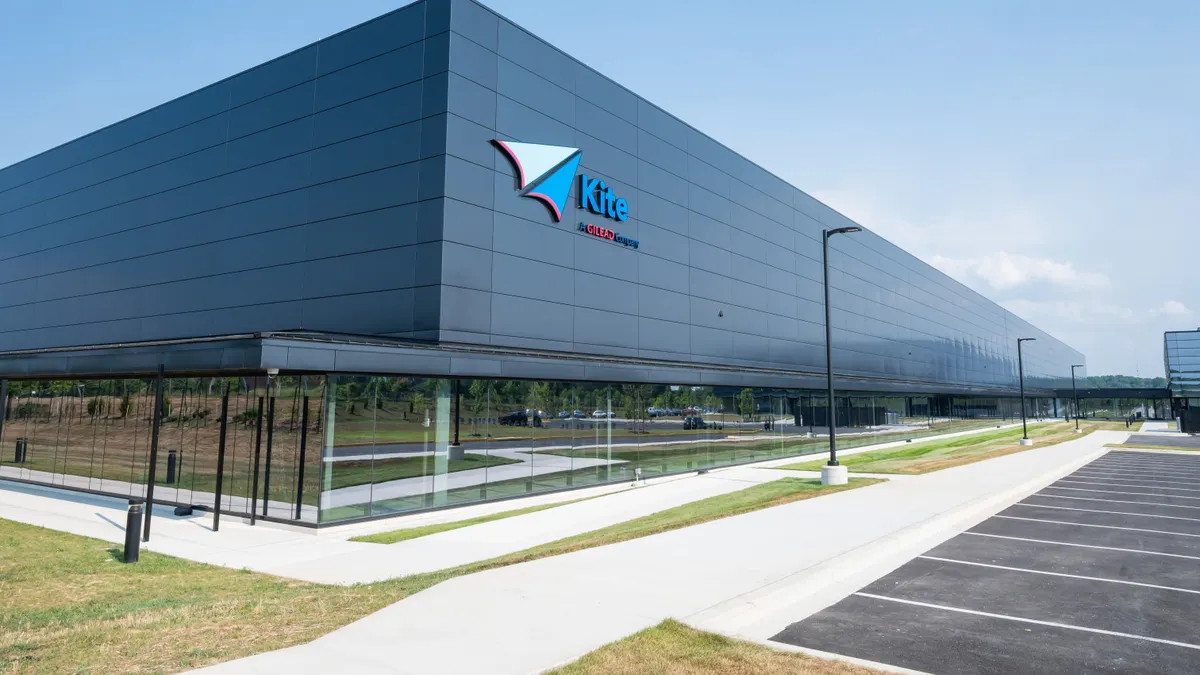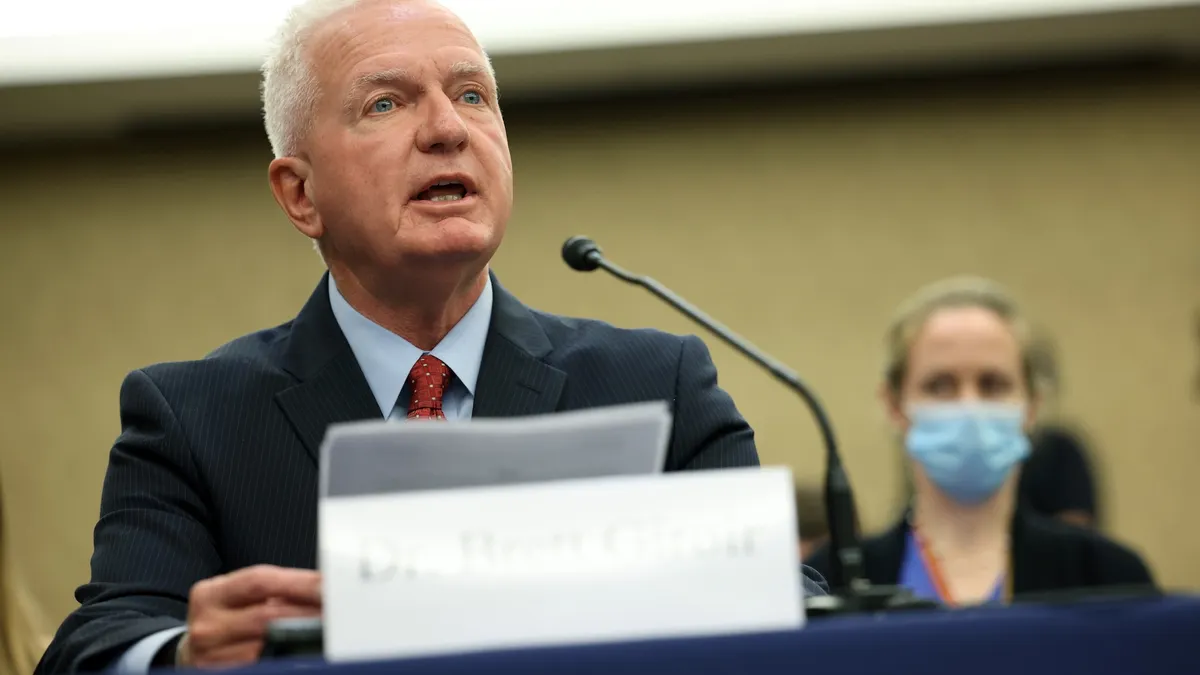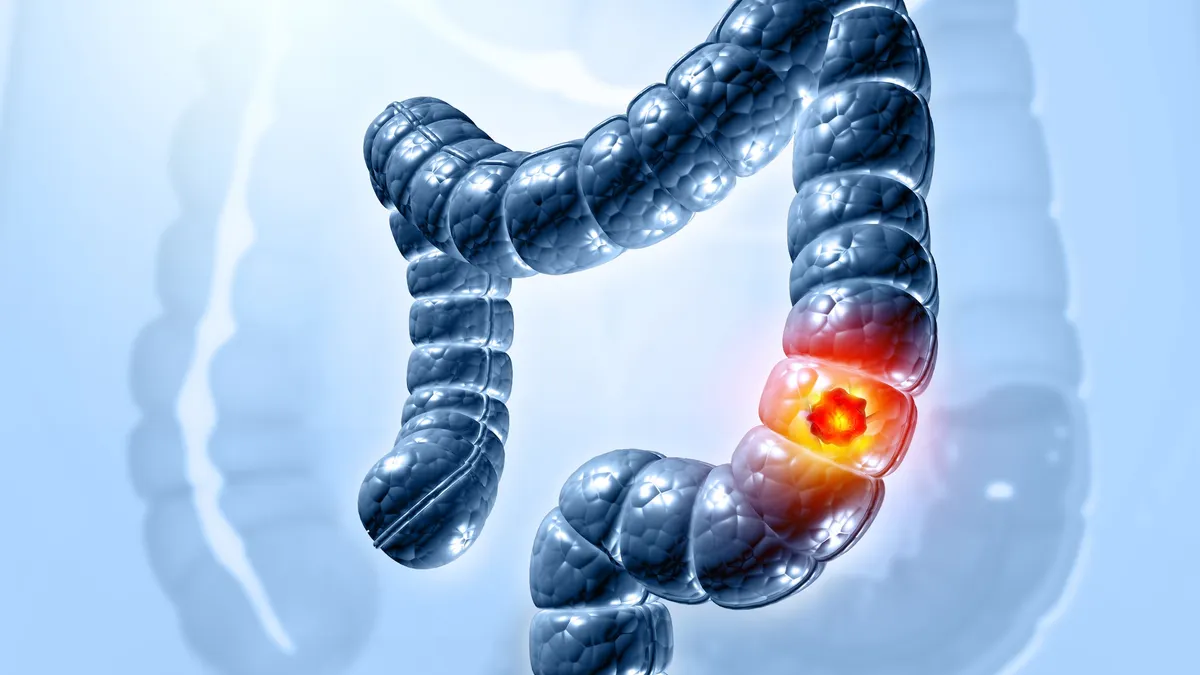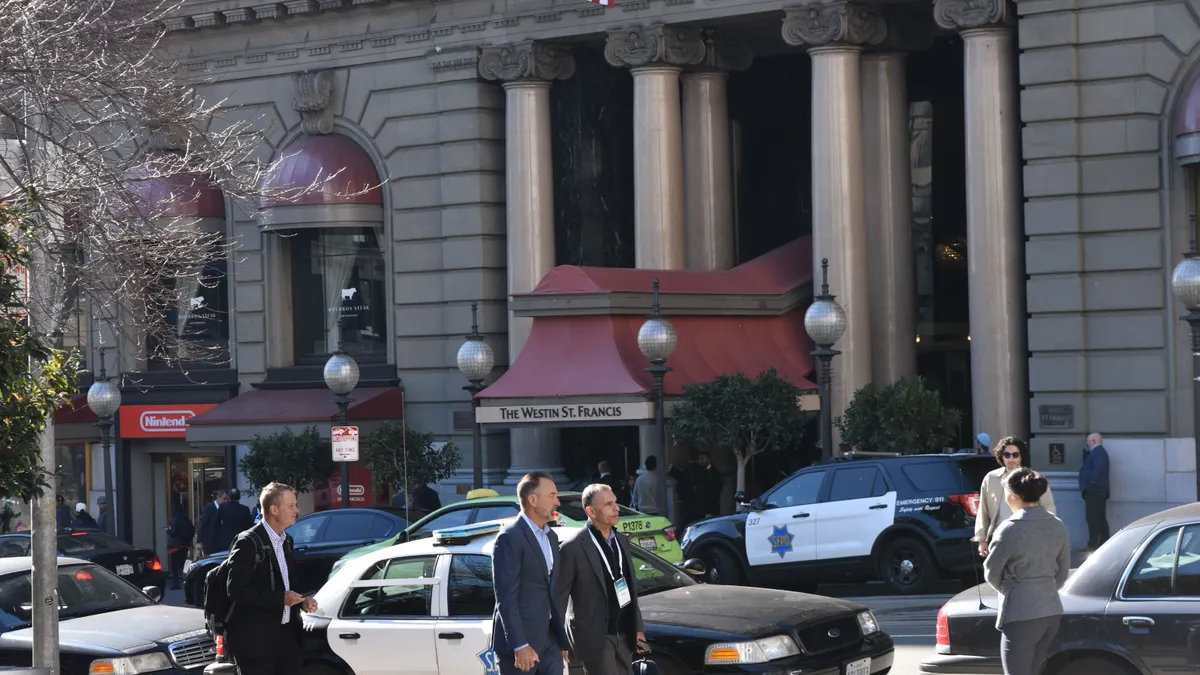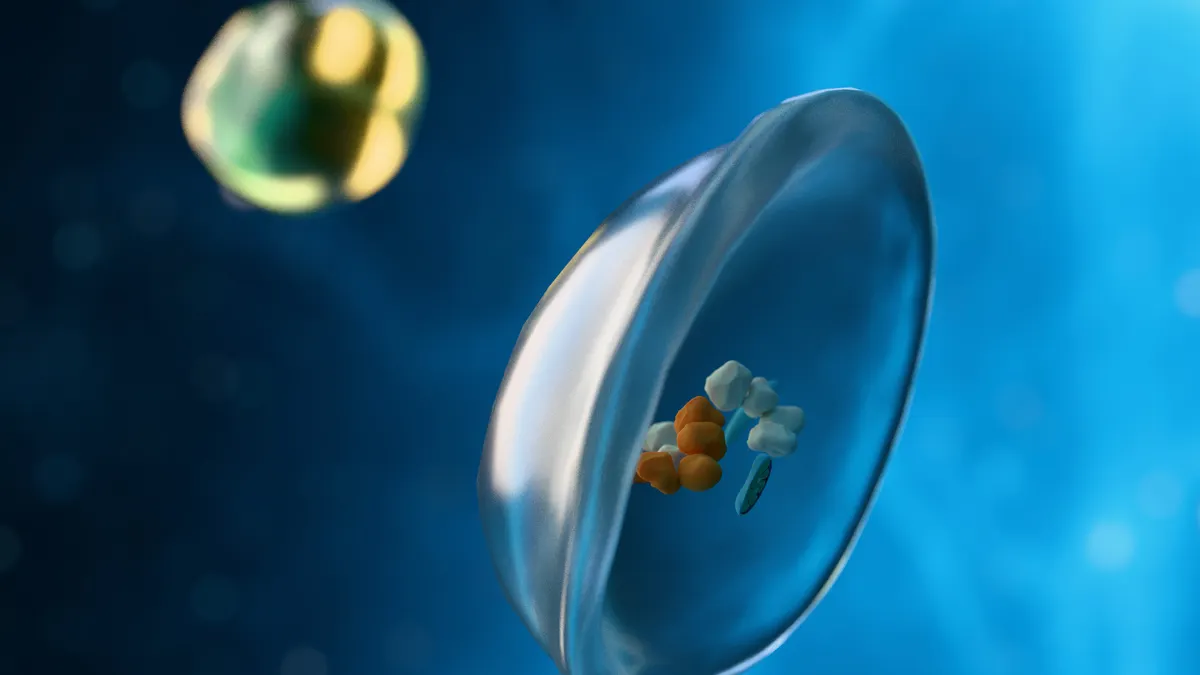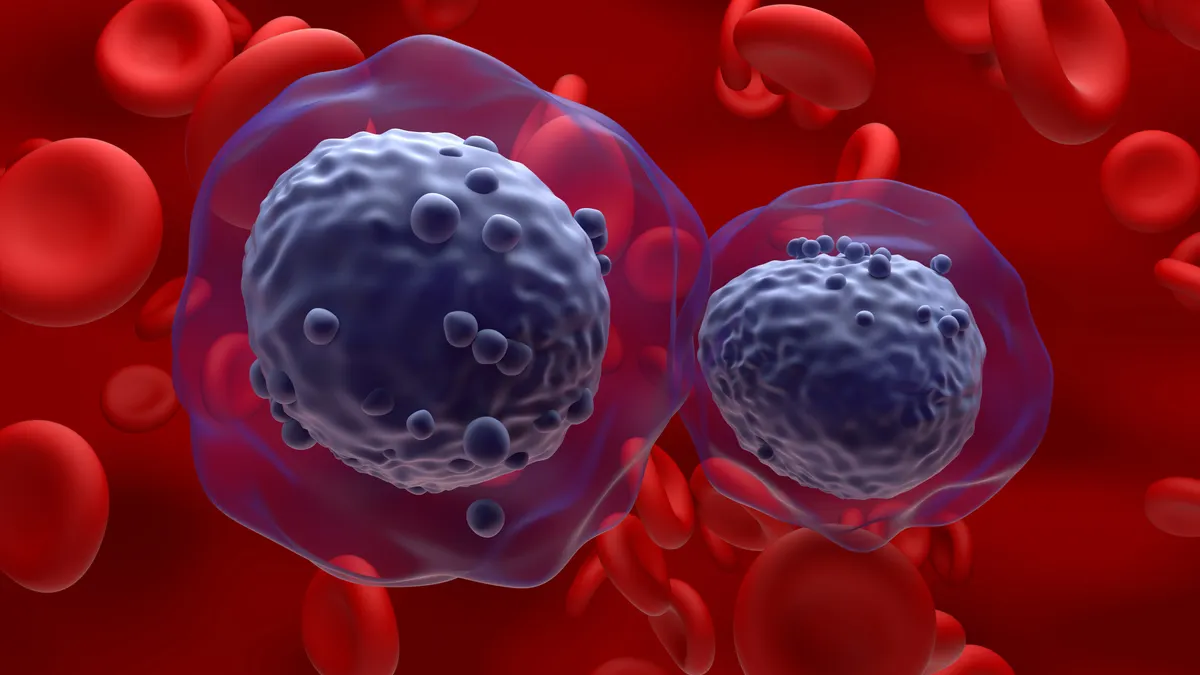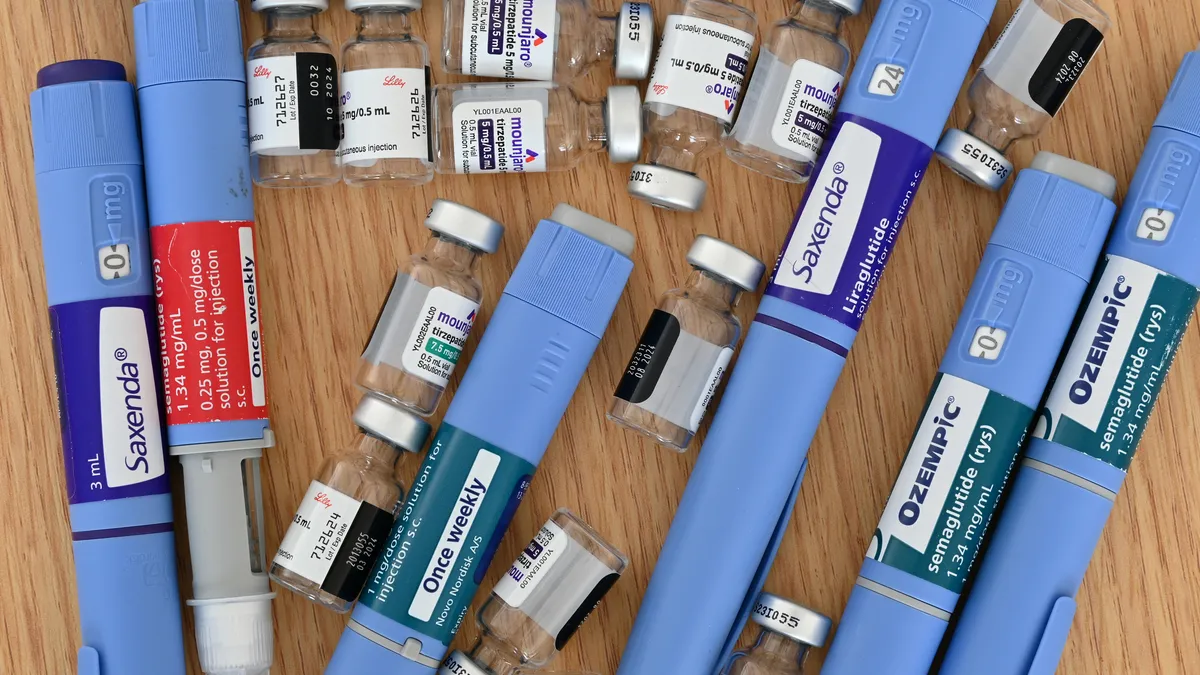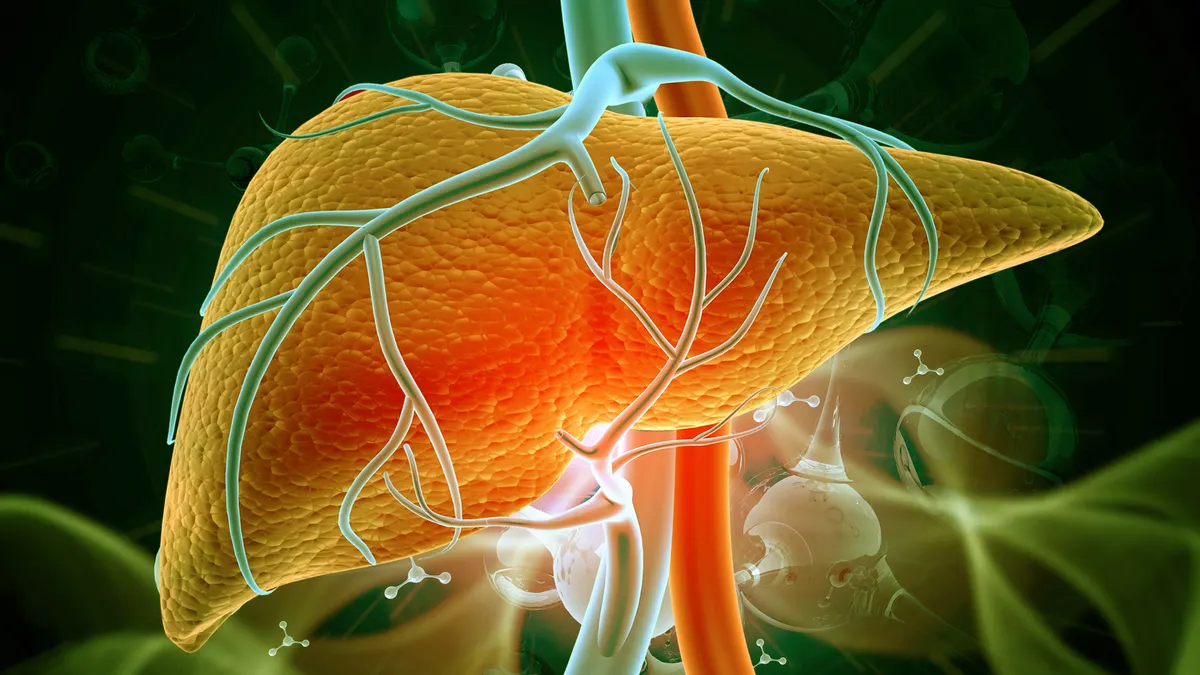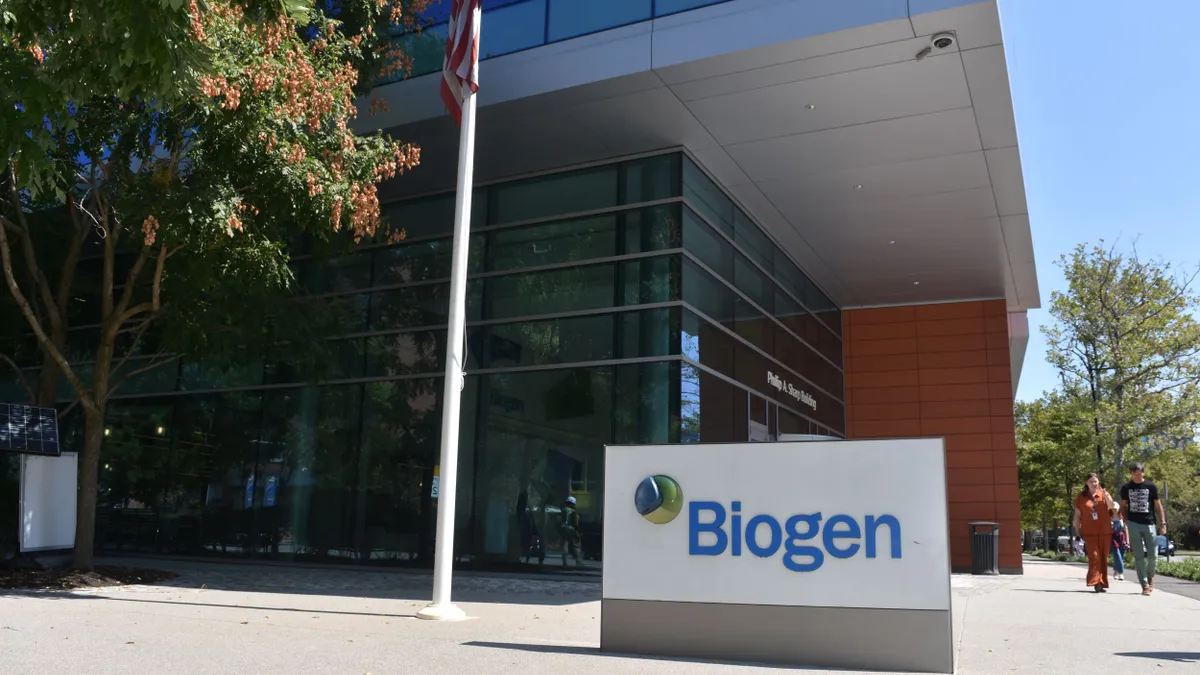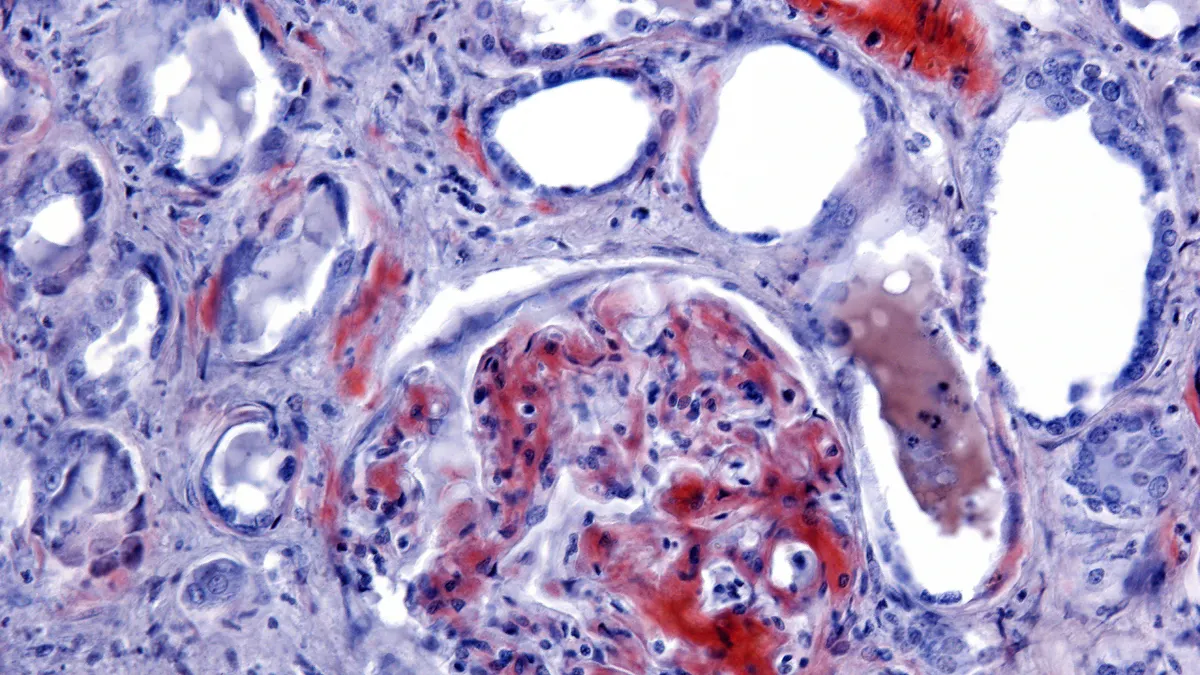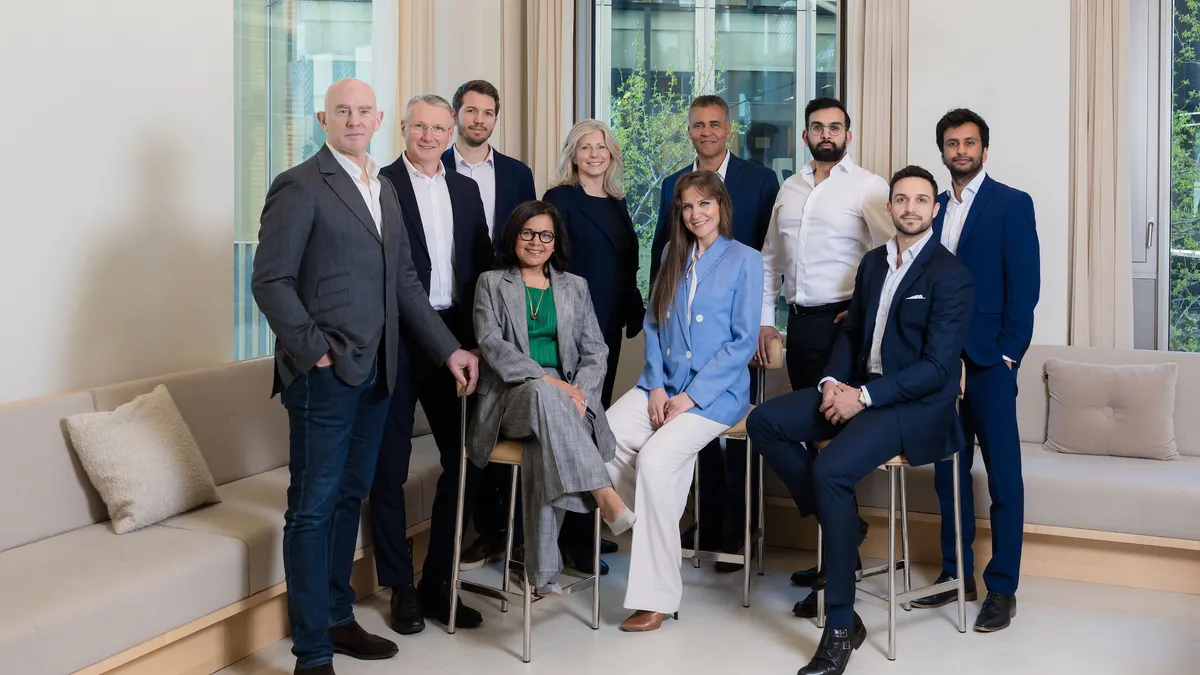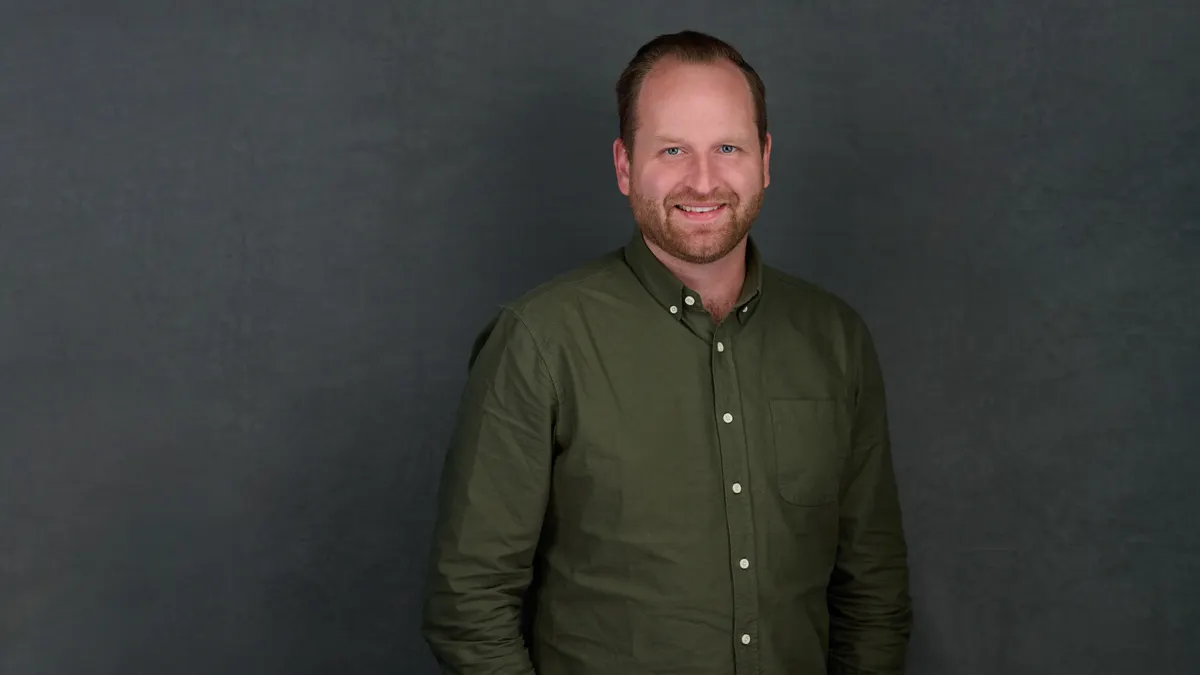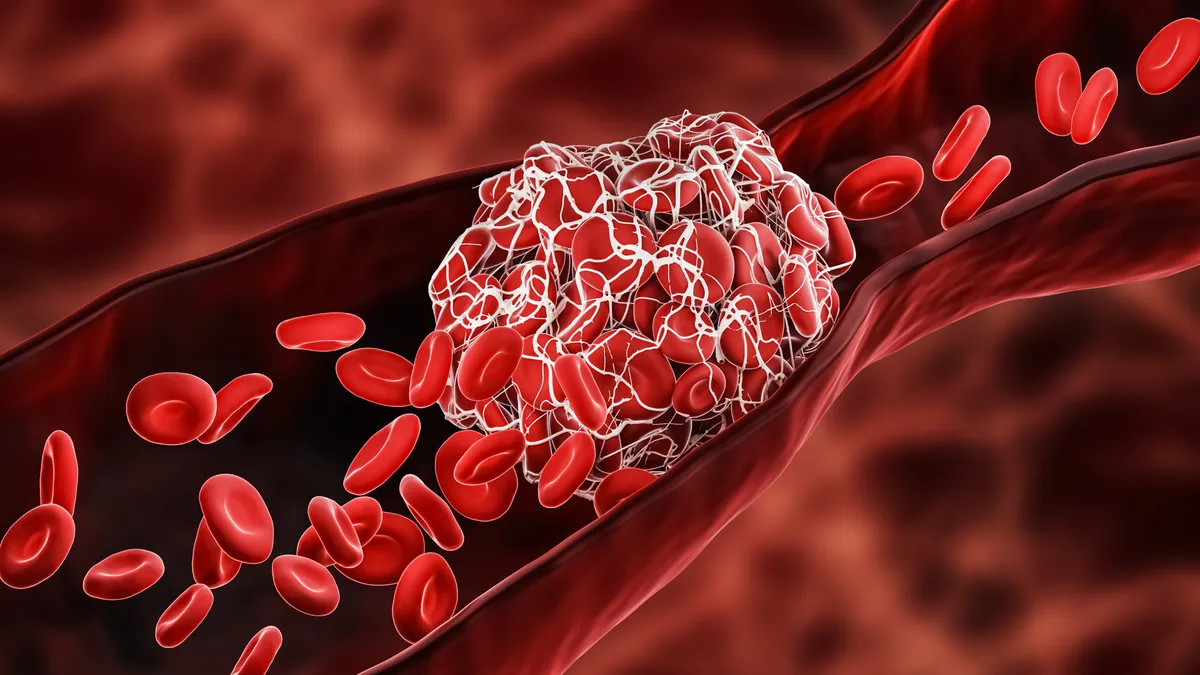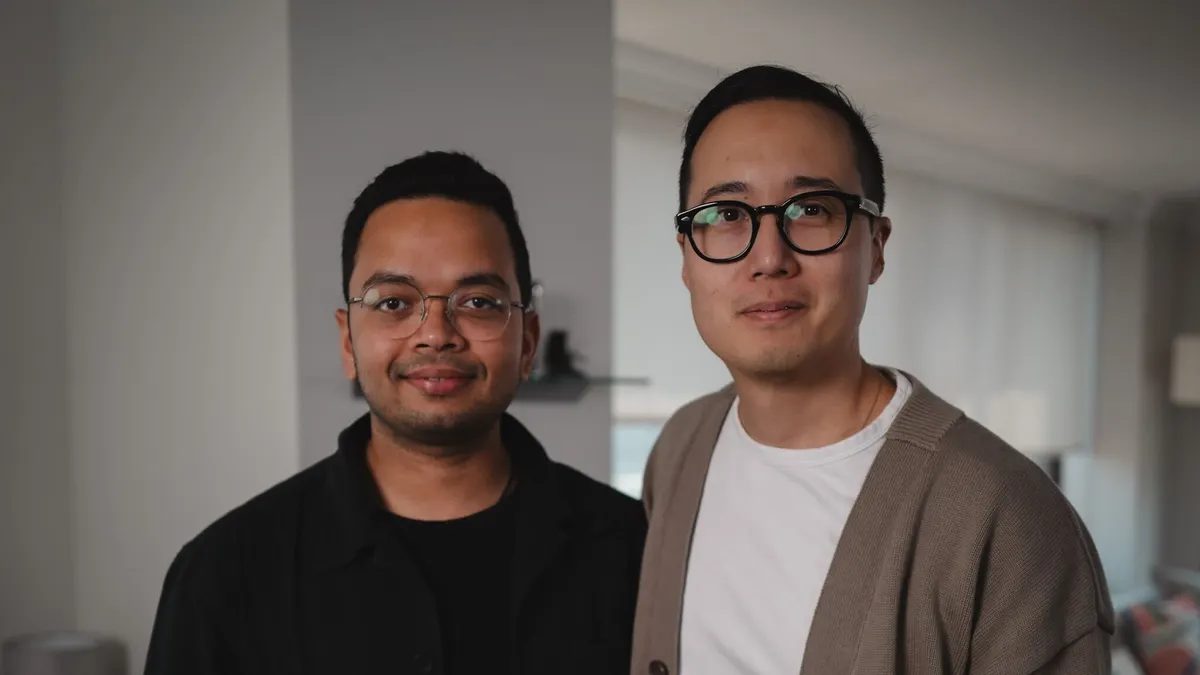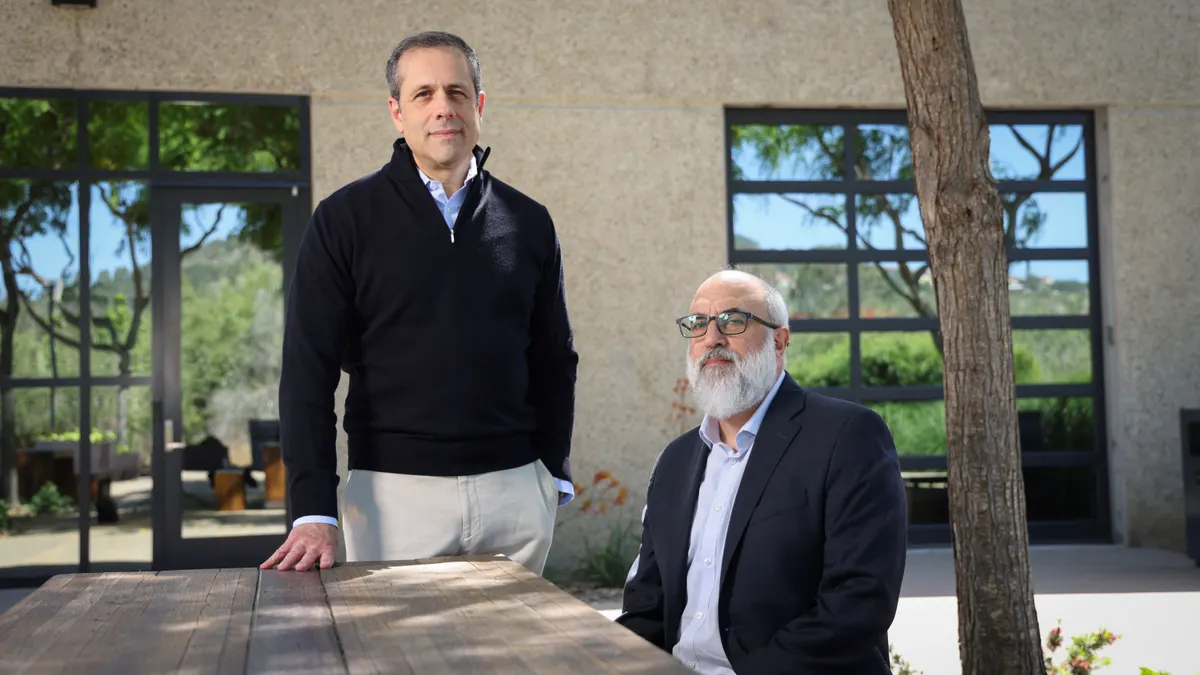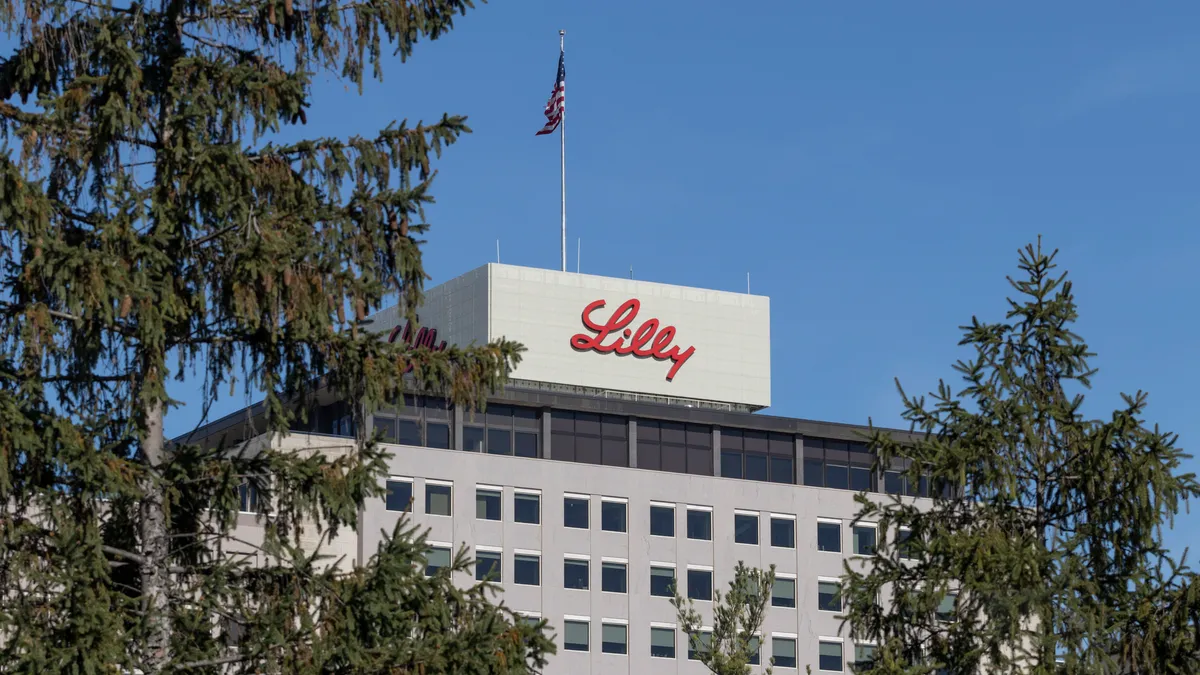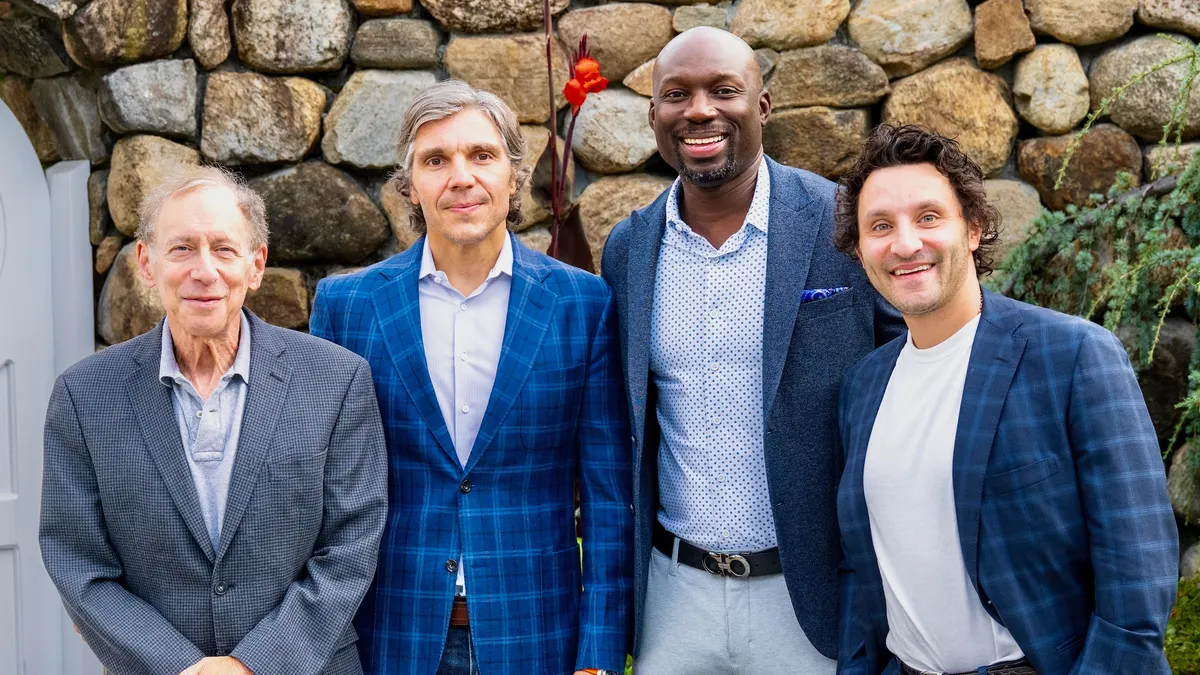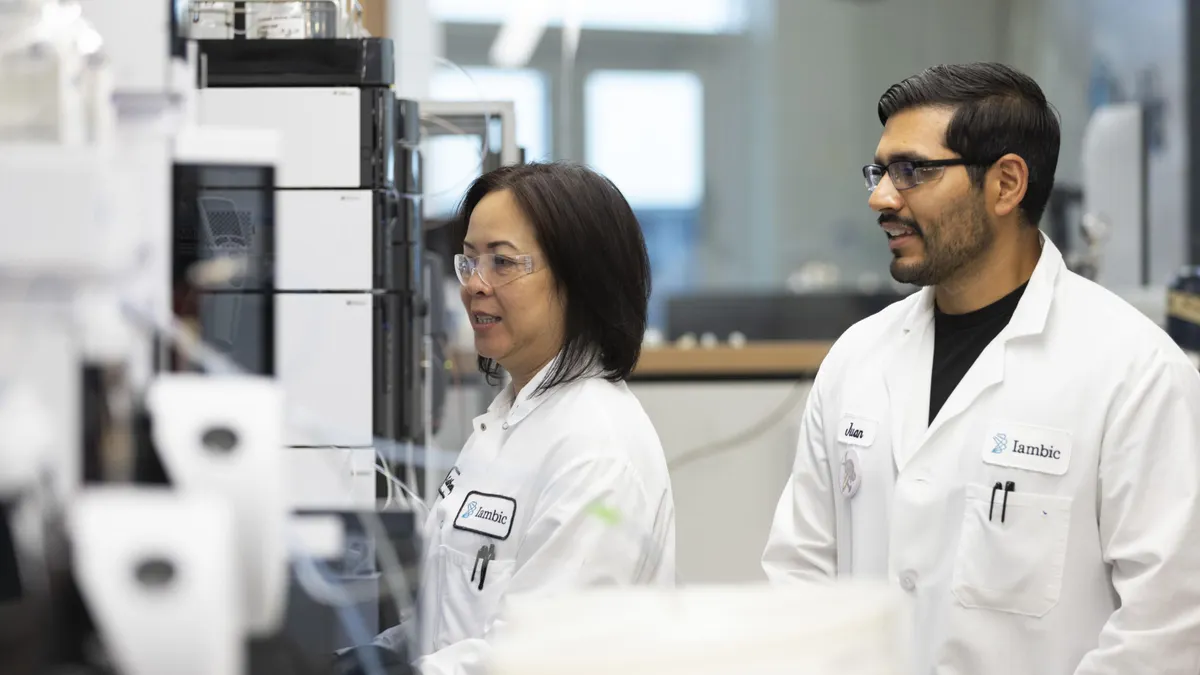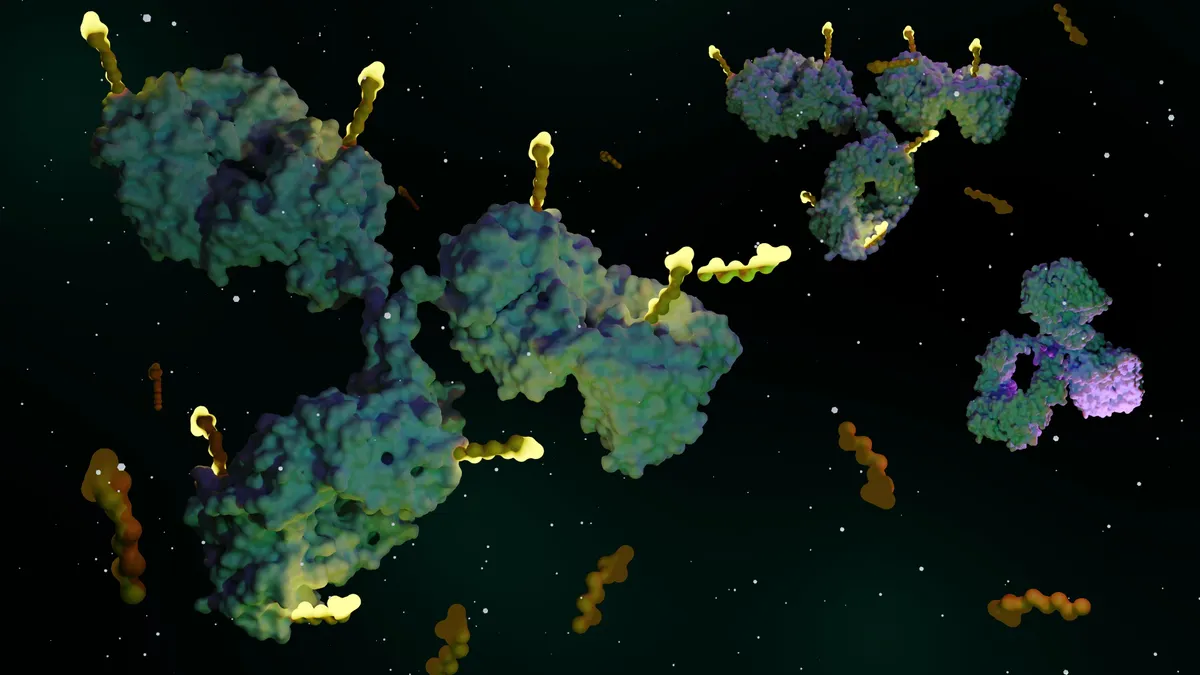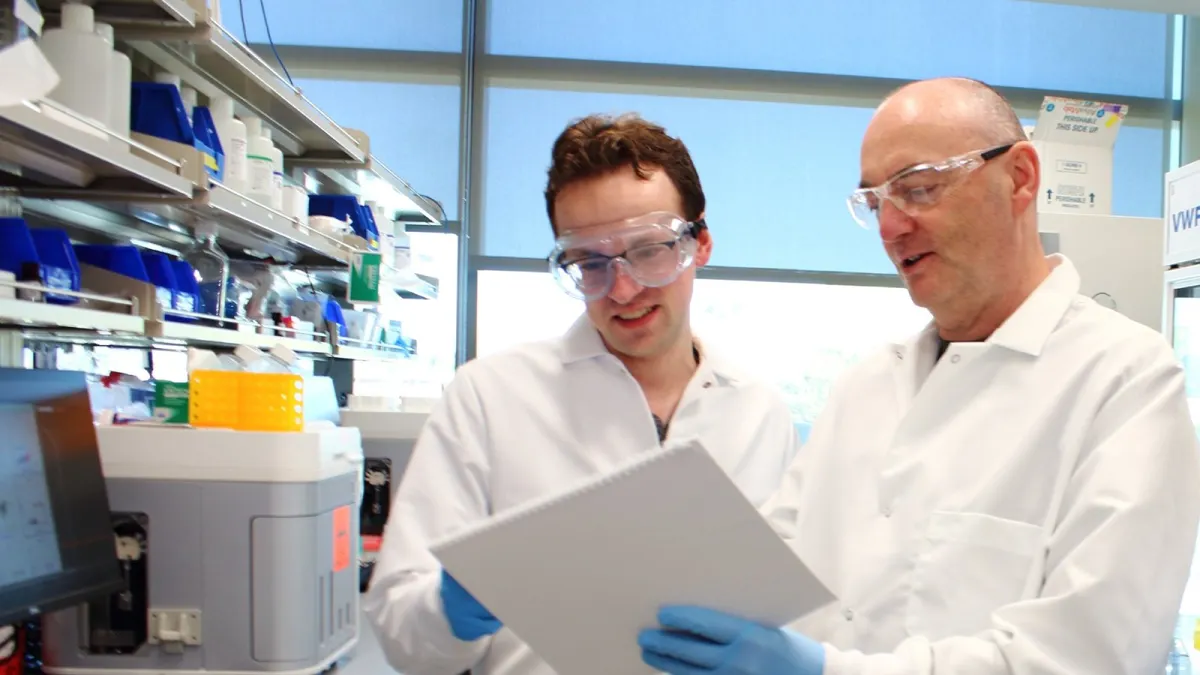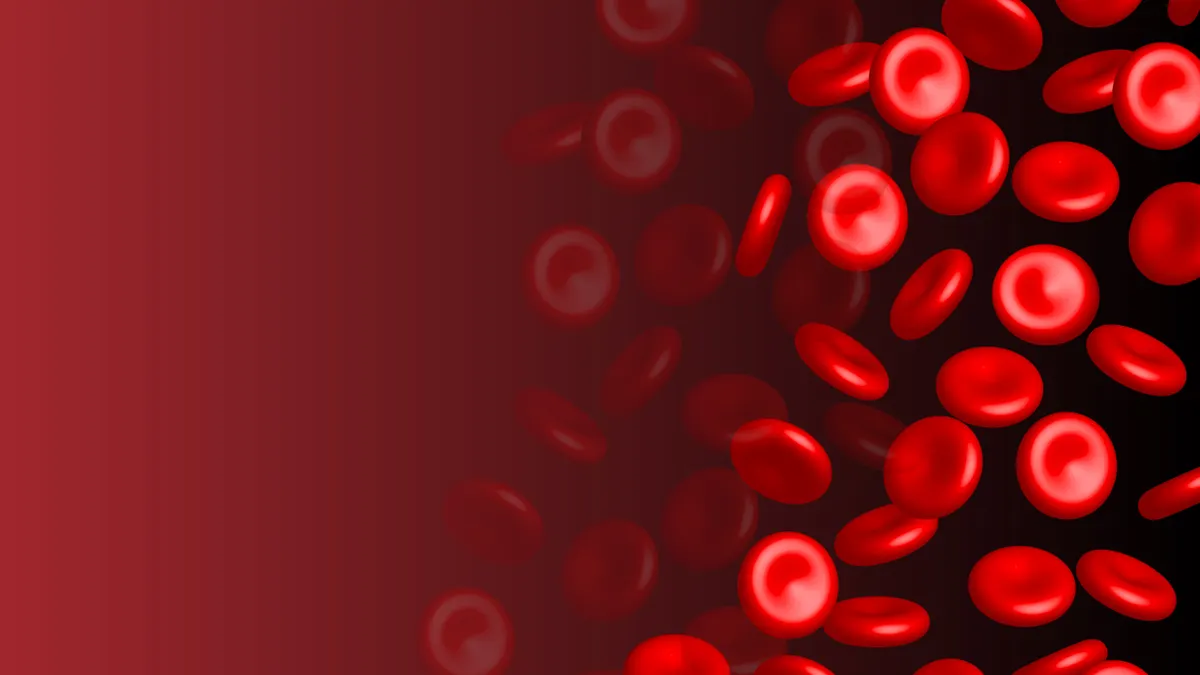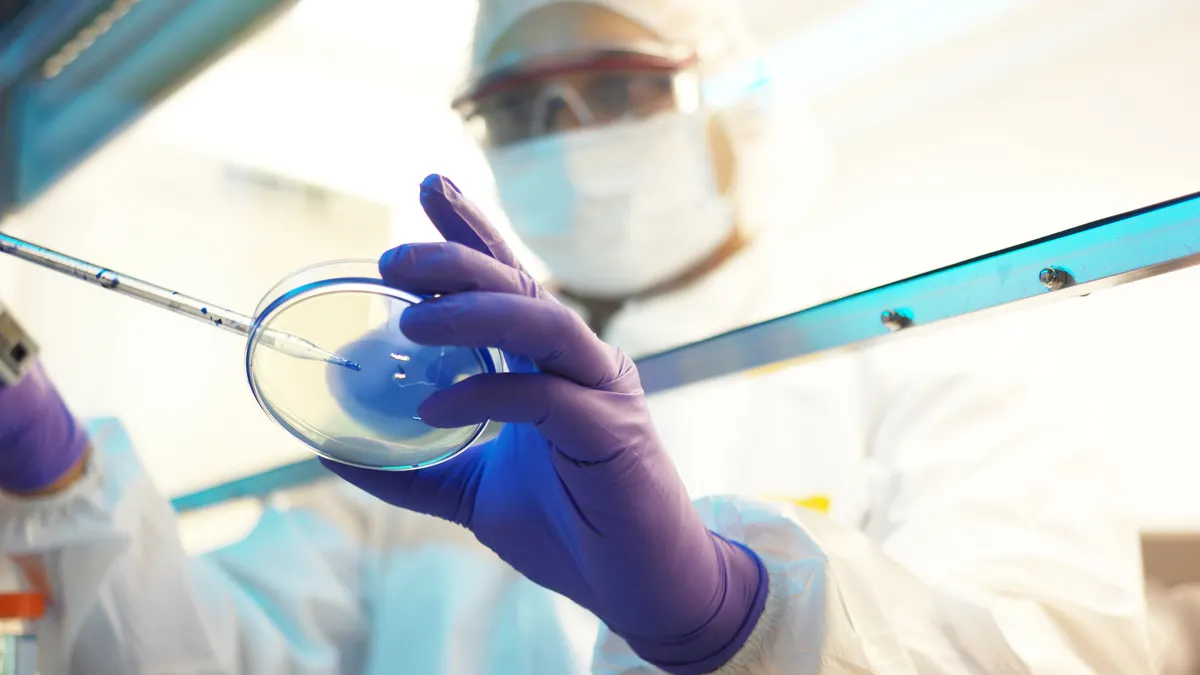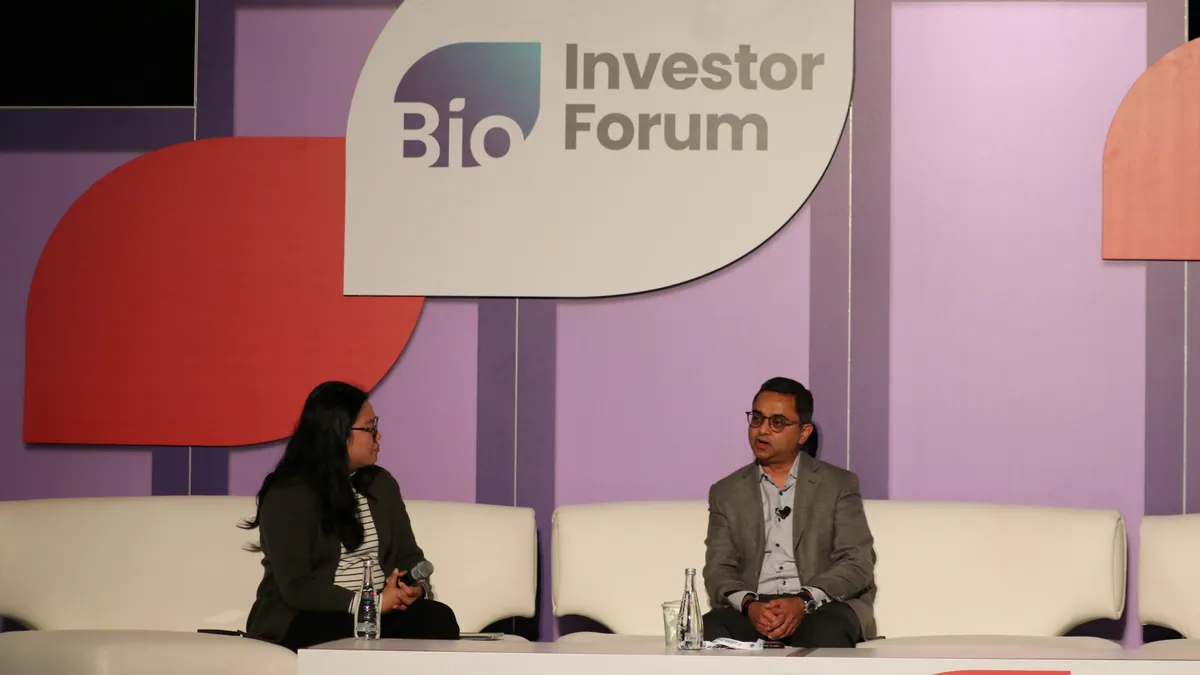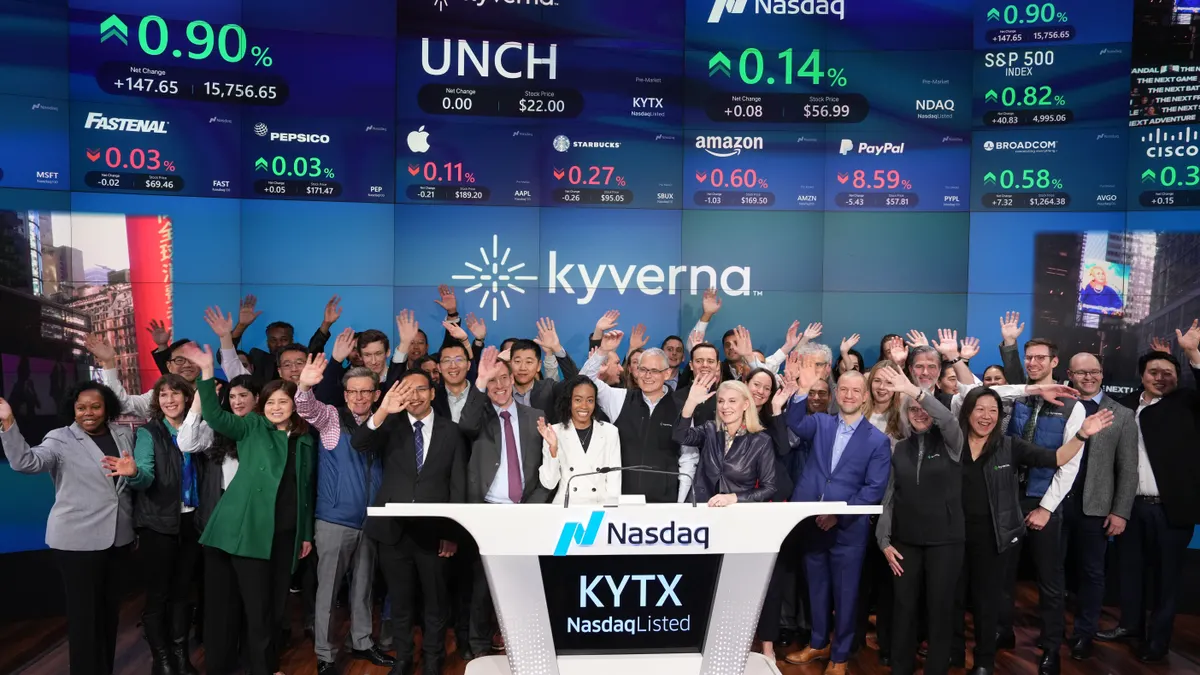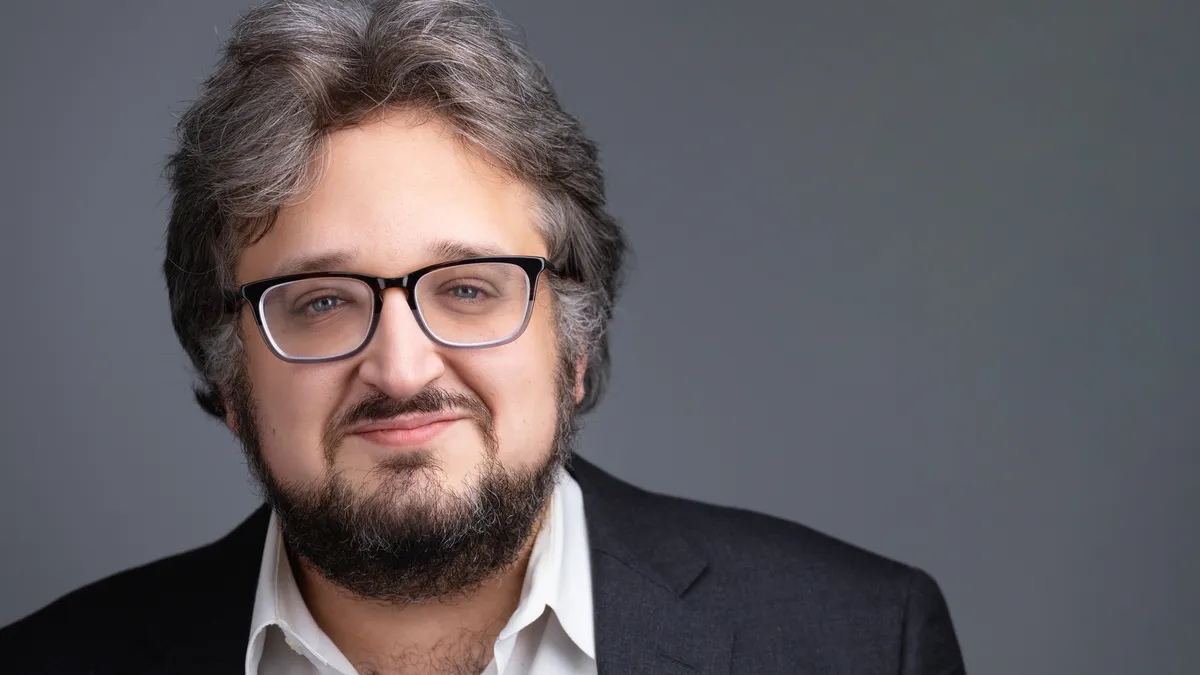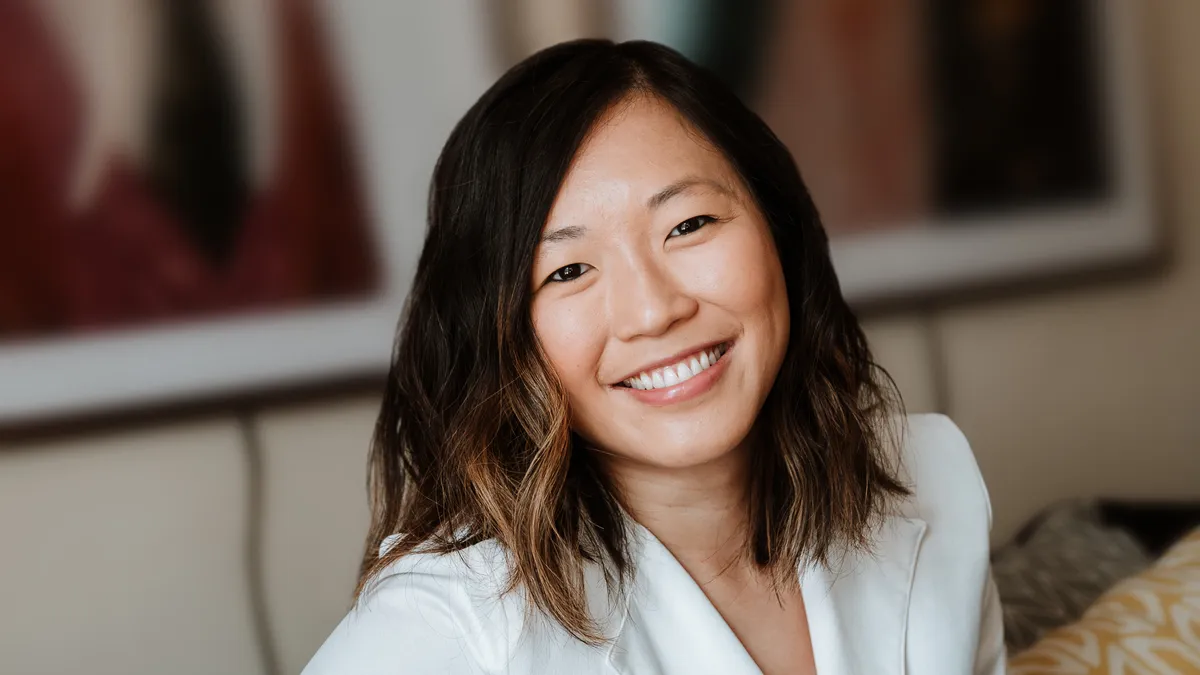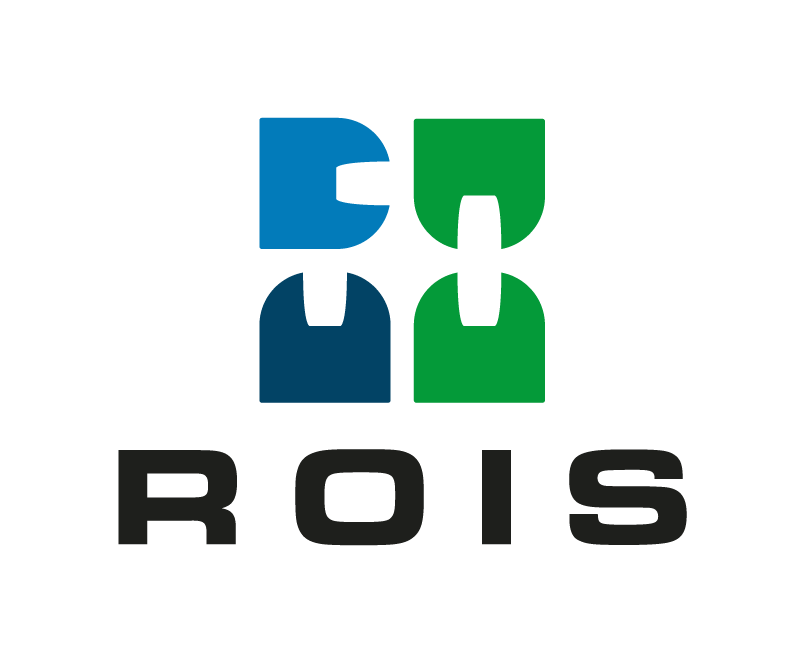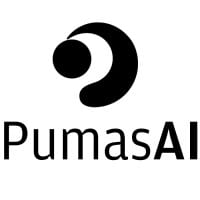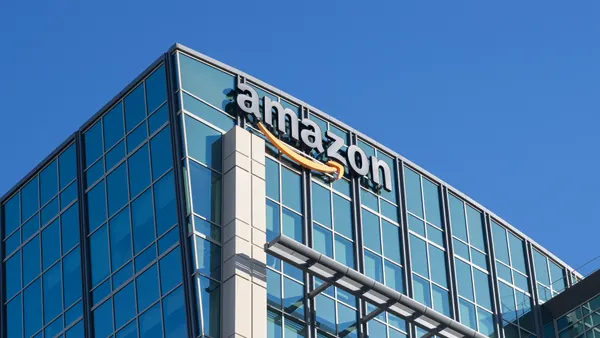Artios Pharma has banked $115 million in a Series D round that will fund mid-stage studies for a pair of experimental cancer treatments.
The company said Monday that the cash helps it expand enrollment in trials of its drug alnodesertib, which is in testing in combination with chemotherapy for pancreatic and colorectal cancer, and start a new Phase 2 test of another experimental medicine, ART6043, in BRCA-mutant HER2-negative breast cancer.
Artios is working on drugs that treat cancer by blocking proteins that repair damaged DNA in a cell. That approach was successfully used to develop a now widely used class of medicines called PARP inhibitors. Artios has been looking for the “next generation” of pathways that might be similarly impactful, said CEO Mike Andriole.
That search led Artios to alnodesertib. The drug blocks a different target called ATR, or “ataxia telangiectasia and Rad3-related protein.” Like PARP enzymes, ATR helps fix DNA damage, so blocking it with a drug is seen as one way to kill tumor cells.
Andriole noted how PARP inhibitors have proven particularly helpful for patients with so-called BRCA mutations. In the same vein, ATR blockers appear more beneficial for people with so-called ATM-negative tumors, which have compromised DNA repair systems. ATM-negative pancreatic and colorectal tumors are “two areas of very high unmet need,” said Andriole.

Several other companies, among them AstraZeneca, Merck KGaA and Repare Therapeutics, have been developing ATR inhibitors, though none have yet been approved. Merck KGaA also stopped work on an earlier ATR blocker and pivoted to a newer prospect that’s now in mid-stage testing.
Artios’ second program ART6043 goes after polymerase theta, another pathway involved in a cell’s DNA repair process. Andriole notes how most people on PARP inhibitors progress because of the development of a type of drug resistance that restores a tumor’s ability to fix itself. Adding a polymerase theta blocker on top of it might prevent that from occurring, leading to better and more durable responses, he said.
“Of course, the only way to prove that is in a randomized study,” Andriole said. The company will start that kind of trial — which will test whether a combination of ART6043 and a PARP blocker is superior to a PARP drug alone — next year.
The company is also conducting preclinical research on an antibody-drug conjugate that impacts a DNA damage repair mechanism, and plans to name a lead candidate from that work in 2026 as well.
SV Health Investors and RA Capital Management co-led the financing, which included more than a dozen other venture firms, among them Sofinnova Partners, Novartis Venture Fund and EQT Life Sciences. Prior to Monday’s announcement, Artios had raised more than $320 million in funding.
The Series D round enables Artios’ to operate well into 2027, when it expects to have data from both of its top programs, Andriole said.
“The right decision for now was to continue to stay private and advance these two programs with this financing,” Andriole said. “We'll explore what comes next when we've got data in hand.”








